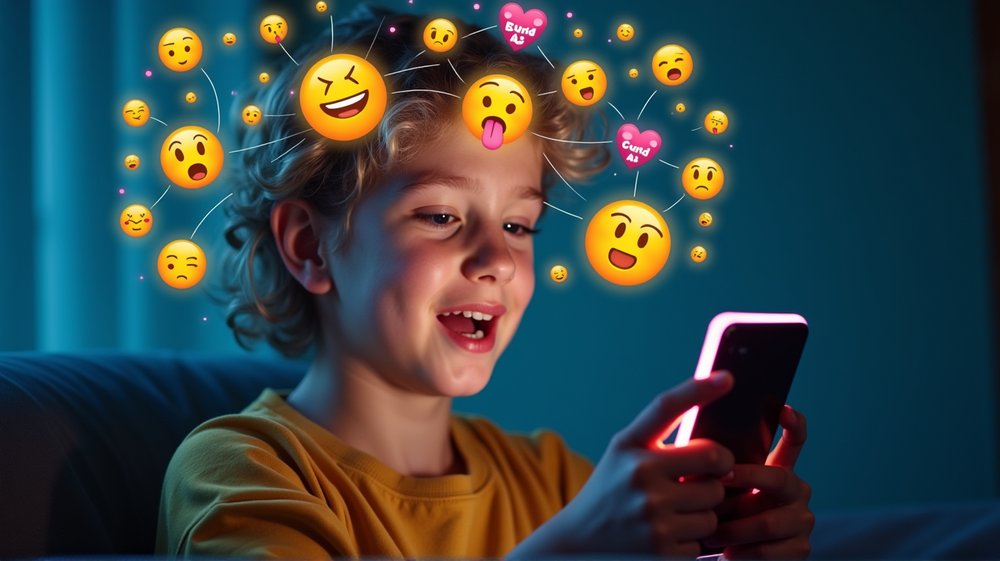The Hidden Pitfalls of Learning About ADHD on TikTok
TikTok’s Double-Edged Sword for ADHD Awareness
In the realm of social media, TikTok emerges as a leading platform where young people gather for bite-sized content that’s both entertaining and enlightening. Amongst its many trends, the proliferation of videos about attention deficit hyperactivity disorder (ADHD) is both intriguing and concerning. According to The Independent, a detailed study reveals how this app is reshaping perceptions of ADHD, for better and worse.
The Mismatched Reality of TikTok Information
Less than half of the information shared in top ADHD-related TikTok videos aligns with clinical guidelines. This disconnect poses a significant risk, as it can lead to misconceptions about both the prevalence and severity of ADHD symptoms. The ease of accessing vast content can lead young viewers astray, clouding their understanding with misaligned facts.
Catchy But Misleading Narratives
The study highlights TikTok’s algorithmic prowess in capturing user attention. While creators enjoy fame and monetization through engaging content, the lack of nuanced disclosures in these videos poses a risk. Personal experiences, often shared without disclaimers, can mislead viewers to self-diagnose based on generalized or mispresented information.
The Echo-Chamber Dilemma
As users engage, TikTok’s algorithm tailors content to validate existing beliefs—an echo-chamber effect that can exacerbate misinformation. This phenomenon increases the perceived credibility of dubious content, making young audiences more susceptible to accepting and sharing misleading information.
Recommendations for a Balanced Approach
Notably, researchers advise young adults to validate social media claims through reliable medical sources and professional guidance. Professor Philip Asherson recognizes the complexity in distinguishing ADHD traits in the general population but emphasizes the importance of context when digesting online content.
Conclusion: The Middle Path
While TikTok presents a unique opportunity to bridge gaps in awareness and destigmatization, it also demands a discerning eye to separate fact from fiction. Engaging responsibly with content—by seeking further information from trusted avenues—will empower individuals to make informed decisions regarding ADHD and its impact.
The essence of TikTok lies in its ability to inform and entertain; however, as users, it’s crucial to navigate its digital seas with caution and a critical mind.




